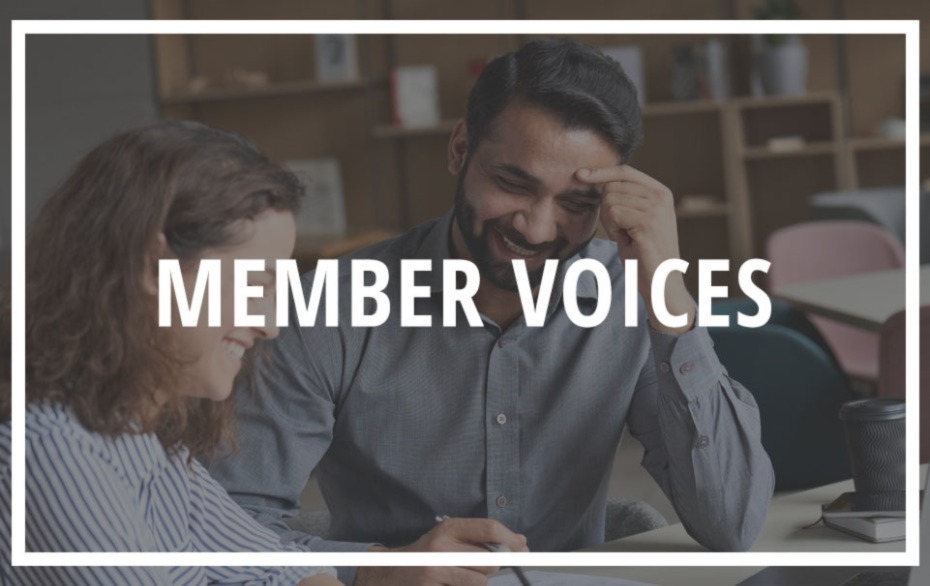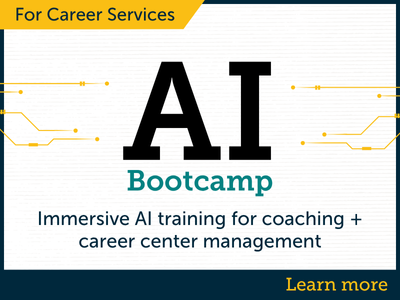Academic advisors should be willing and able to handle all types of student conversations because human connection builds strong relationships, creates opportunities, and fosters engagement. Our students may not take the initiative to share more about their goals in life unless they feel comfortable to do so, but once we build that sense of trust, students may open up and share their questions with us. We can be their teacher, their academic advisor, their career coach, but first and foremost, we should be their mentor.
Fostering Mentorship for First-Generation Students
Serving as a mentor provides us with opportunities to motivate students, so they can enjoy their college experience, and along with our students, we face different types of challenges from which we can learn and grow while helping our students do the same. For first-generation students, some of those challenges begin as soon as they enroll in school and can include adjusting to a new academic routine and changing their living arrangements, such as leaving their family and their home behind if they live on campus, which can create anxiety, stress, and uncertainty.
Knowing this, it is up to us, in our role as a mentor, to plan for challenges such as these in advance. This way, we can avoid causing more obstacles for students who may already be struggling to adjust. It is our responsibility as a student’s mentor to provide them with advice and help them navigate these challenges.
Generally, I find meeting in-person with students and listening to them express their concerns to be an effective way to connect with our students because we first need to understand their challenge and hear their perspective before we can provide them with recommendations.
Encouraging students to meet with faculty members can also be a valuable tool for helping first-generation students adapt to their new environment. For example, faculty members who came from low-income families or who identify as a first-generation graduate can share their unique experiences with students to inspire them and to support their academic journey.
Identifying Social Identities
Using academic advising as a tool to engage first-generation students is significant because we should understand their academic goals, but we also need to acknowledge their social identity. Some of the situations I have experienced with my advisees over the years is that especially for first-generation students, feeling isolated is a very common experience that may cause them to lose interest and miss class. Also, some students can lack socialization and have a hard time making new friends. These uncomfortable experiences may cause them to struggle emotionally and create a feeling of unease when they are on campus.
To help students overcome these feelings, we, as advisors and mentors, can encourage our students to attend their academic advising appointments to foster a sense of responsibility and social engagement.
However, as an academic advisor, we must remember it is crucial to keep in mind a student’s cultural identity if we want our efforts to be an effective resource for students. For instance, we should know how the student’s name is pronounced and what pronouns they use. Reading a student’s profile to learn more about their identity may be as important as answering their questions about course registration. In short, supporting and acknowledging our student’s identity is a fundamental process in which we can adjust our advising or mentorship style, so we can provide more spaces where our students feel comfortable and in a safe environment.
Ultimately, cultural affinity and creating spaces for honest and supportive interactions with our students, particularly first-generation students, begins with in-person experiences. The accessibility of offering advising sessions online is a reality and is becoming popular, but the person-to-person connection of one-on-one advising or mentorship sessions are naturally developed in real time where people can see their body language, can learn more about each other, and can truly engage in conversations that are confidential and time sensitive.






